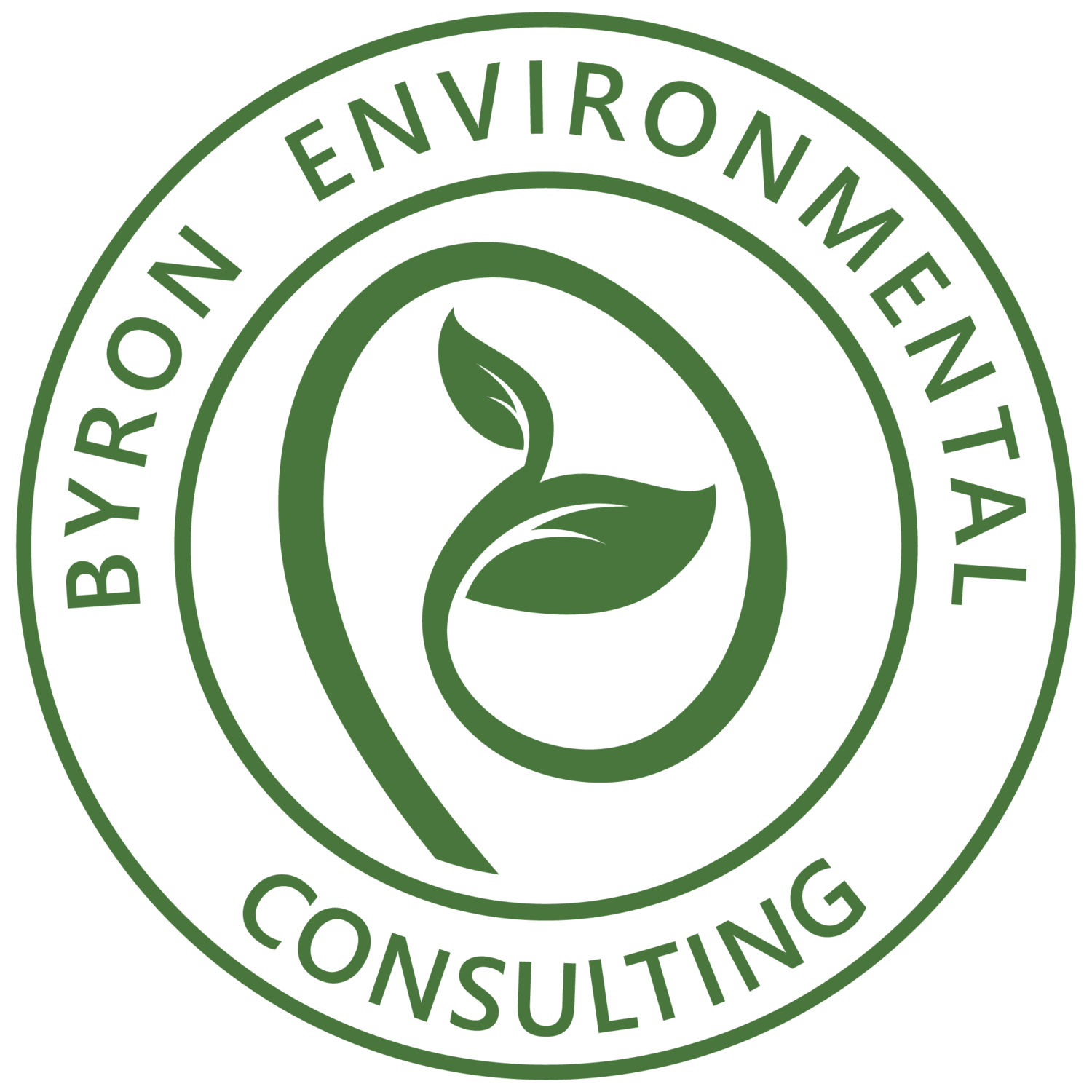🌿 Lightening Our Footprint: Everyday Ways to Protect Our Wastewater and Our Planet
By Byron Environmental Consulting
At Byron Environmental Consulting, we believe sustainability starts at home—and that small choices can create powerful change. Whether it’s what we pour down the drain or how we wash our clothes, every action we take influences the health of our soil, waterways, and future.
We’ve seen firsthand how wastewater systems—when overloaded with harsh chemicals, plastics, and synthetic fibres—can harm ecosystems, clog up infrastructure, and impact human and environmental health. But here’s the good news: you can make a difference, starting today.
✨ You inspire change when you take action.
By embracing natural, plastic-free, and eco-conscious products, you're not just protecting your home—you’re setting a new standard for your community.
The Byron Environmental Approach
Simple, everyday swaps that protect your septic, your soil, and your waterways.
🧼 Natural Cleaning Heroes
Vinegar & Baking Soda: This classic duo removes grime, grease, and stains—no nasties needed.
Lemon Juice or Citric Acid: Natural degreaser and disinfectant with a fresh scent.
Castile Soap: A plant-based, all-purpose soap for everything from dishes to laundry.
Sodium Percarbonate: A non-toxic bleach alternative that brightens whites and breaks down into safe ingredients.
Essential Oils: Add a few drops of tea tree, eucalyptus, or lavender for antimicrobial power and a natural fragrance.
🚿 Plastic-Free Household Swaps
Coconut Husk Brushes: Compostable and powerful for scrubbing dishes and toilets.
Bamboo & Wooden Tools: Long-lasting and biodegradable.
Glass Jars: Safe, reusable storage for cleaning products or leftovers.
Natural Fibre Cloths: Cotton, hemp or bamboo cloths clean beautifully—no microplastics released in the wash.
💚 Everyday Personal Care That Cares for the Planet
Solid Shampoo & Conditioner Bars: No bottles, no waste, just nourishing ingredients.
Natural Deodorant: Baking soda, coconut oil and essential oils = planet-friendly freshness.
Biodegradable Toothbrushes: Bamboo handles and plant-based bristles are compost-ready.
DIY Beauty: Coconut oil, shea butter and beeswax make luxurious, non-toxic self-care products.
🧺 Greener Laundry, Cleaner Water
Plant-Based Detergents: Free from phosphates and harsh chemicals.
Sodium Percarbonate: Naturally removes stains without harming the ecosystem.
Microfibre Filters: Catch synthetic fibres before they pollute our waterways.
💧 Why It Matters
Our homes are the first line of defense in protecting the environment.
Toxic chemicals in standard products damage the beneficial bacteria in wastewater systems and can leach into groundwater.
Microplastics from clothes, wipes, and products end up in oceans, harming marine life and entering our food chain.
Strong antibacterial agents can disrupt septic function and wastewater treatment.
Your home has the power to protect our rivers, creeks, and coastlines.
🚫 What NOT to Flush (and What to Do Instead)
Many common household items can have a significant negative impact on the environment when disposed of improperly. Wet wipes, for example, often block pipes and contribute microplastics to waterways, but reusable cloth wipes provide a sustainable alternative. Sanitary products, floss, and swabs don’t break down easily and can pollute water systems; choosing bamboo or organic cotton options helps reduce this impact. Harsh chemical cleaning products kill beneficial bacteria and contaminate water supplies, whereas natural alternatives like vinegar, castile soap, and plant-based scrubs are safer for both people and the planet. Medications flushed down drains can harm aquatic life and contribute to antibiotic resistance—returning unused medicines to local pharmacy take-back programs is a responsible choice. Cooking oils and grease can clog pipes and damage septic systems, but storing them for proper disposal or recycling prevents these issues. Lastly, microfibres from synthetic clothing pollute waterways, but using microfiber-catching devices like the Cora Ball or wash bags, and opting for natural fibre clothing, can significantly reduce this pollution. Adopting these eco-friendly alternatives helps protect our waterways and supports a healthier environment for everyone.
🌏 A Cleaner Future Starts With You
When you choose natural products, reuse instead of dispose, and ask, “Where does this go when it leaves my home?”—you become part of the solution.
At Byron Environmental Consulting, we see everyday people stepping up to care for the land, the water, and each other. You’re part of that movement. You’re showing others what’s possible.
Let’s keep going—together.
Need help assessing your wastewater system or going more eco-friendly at home?
We’re here to help.
